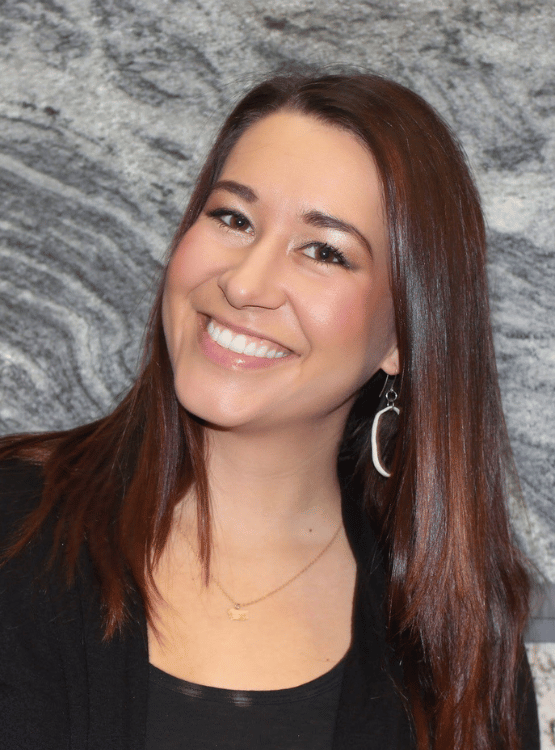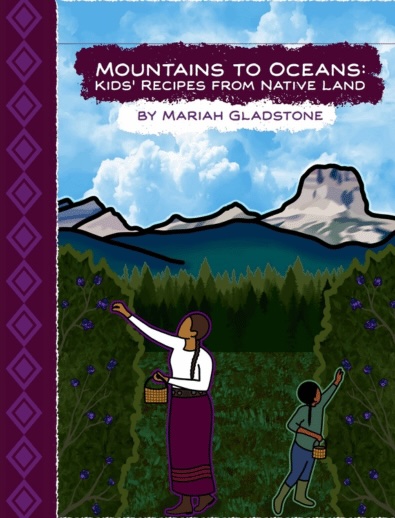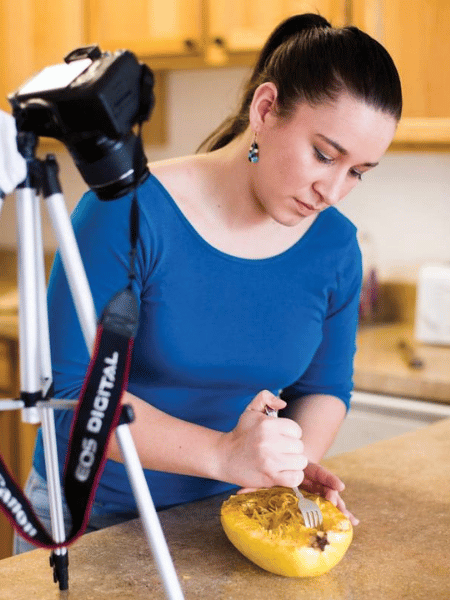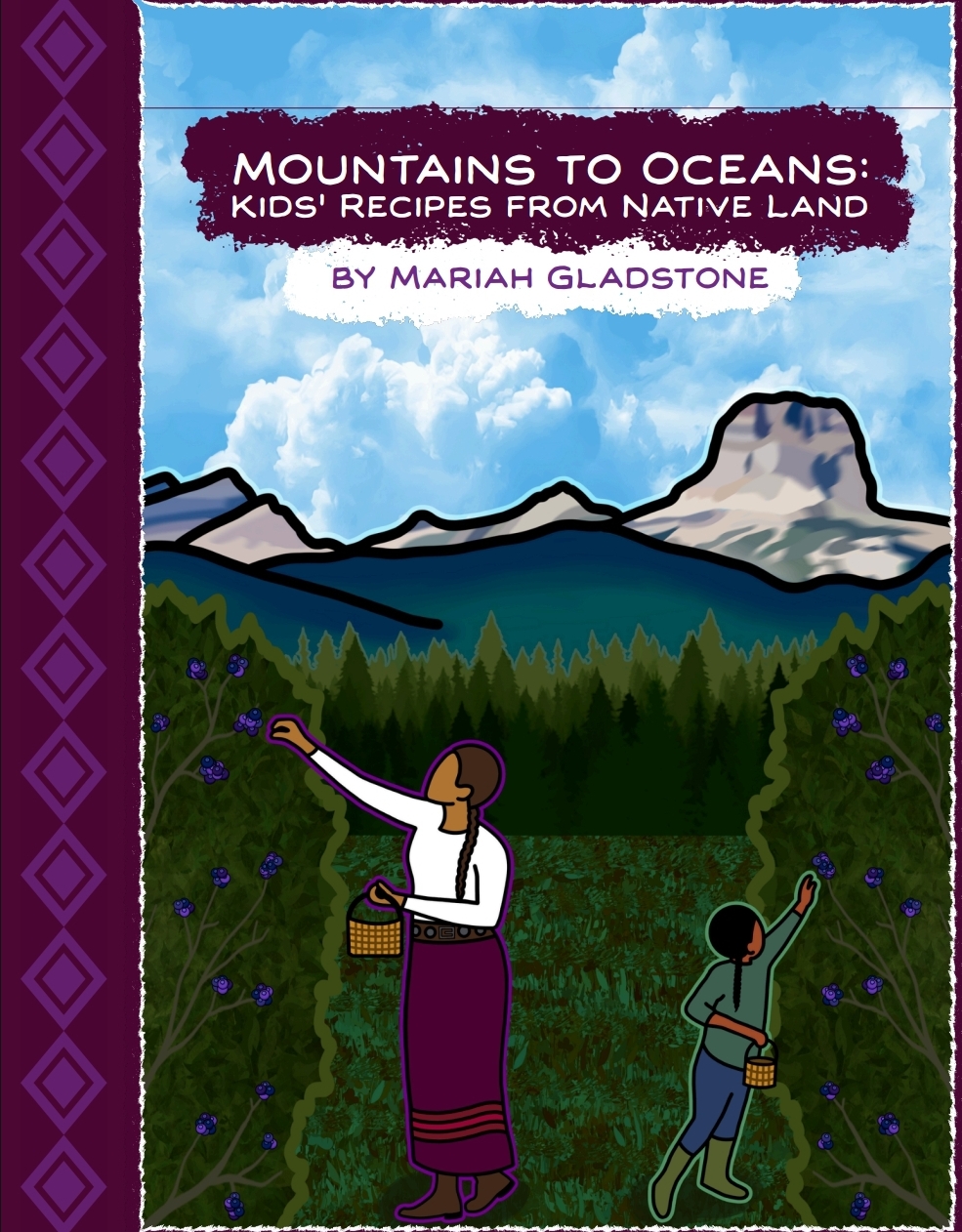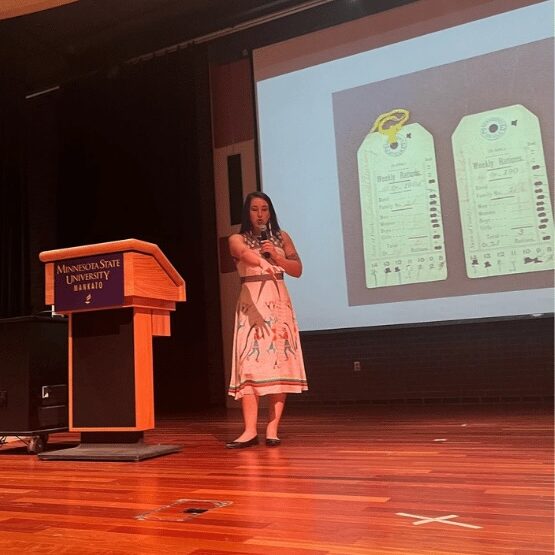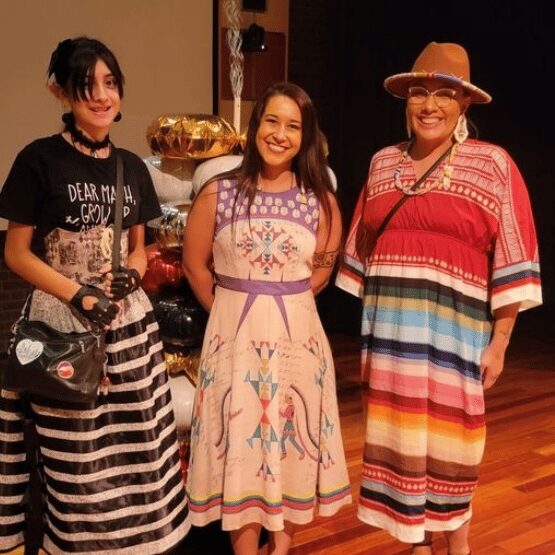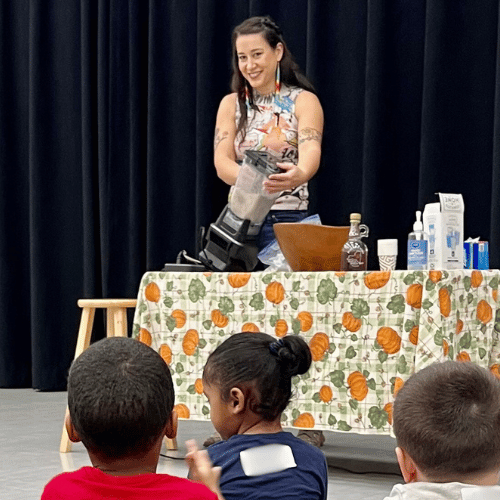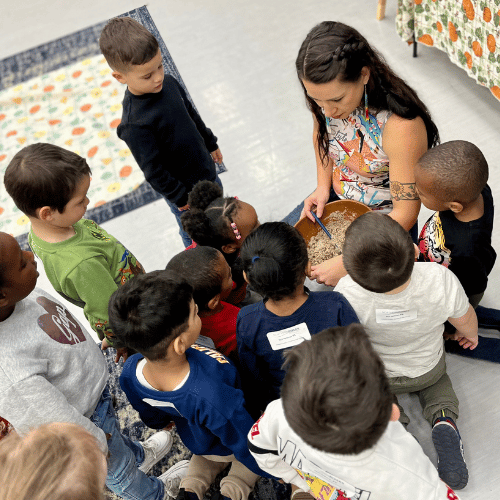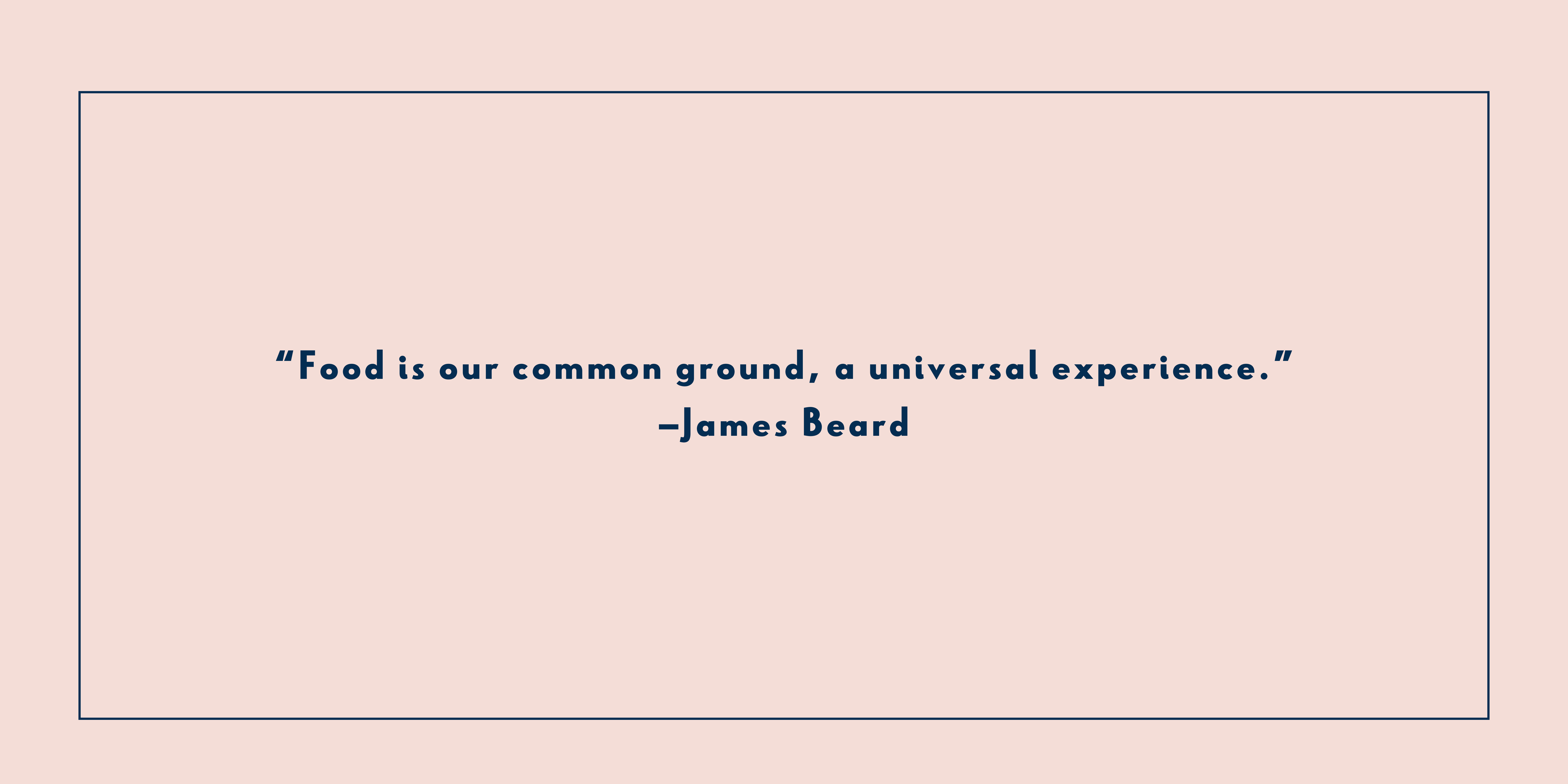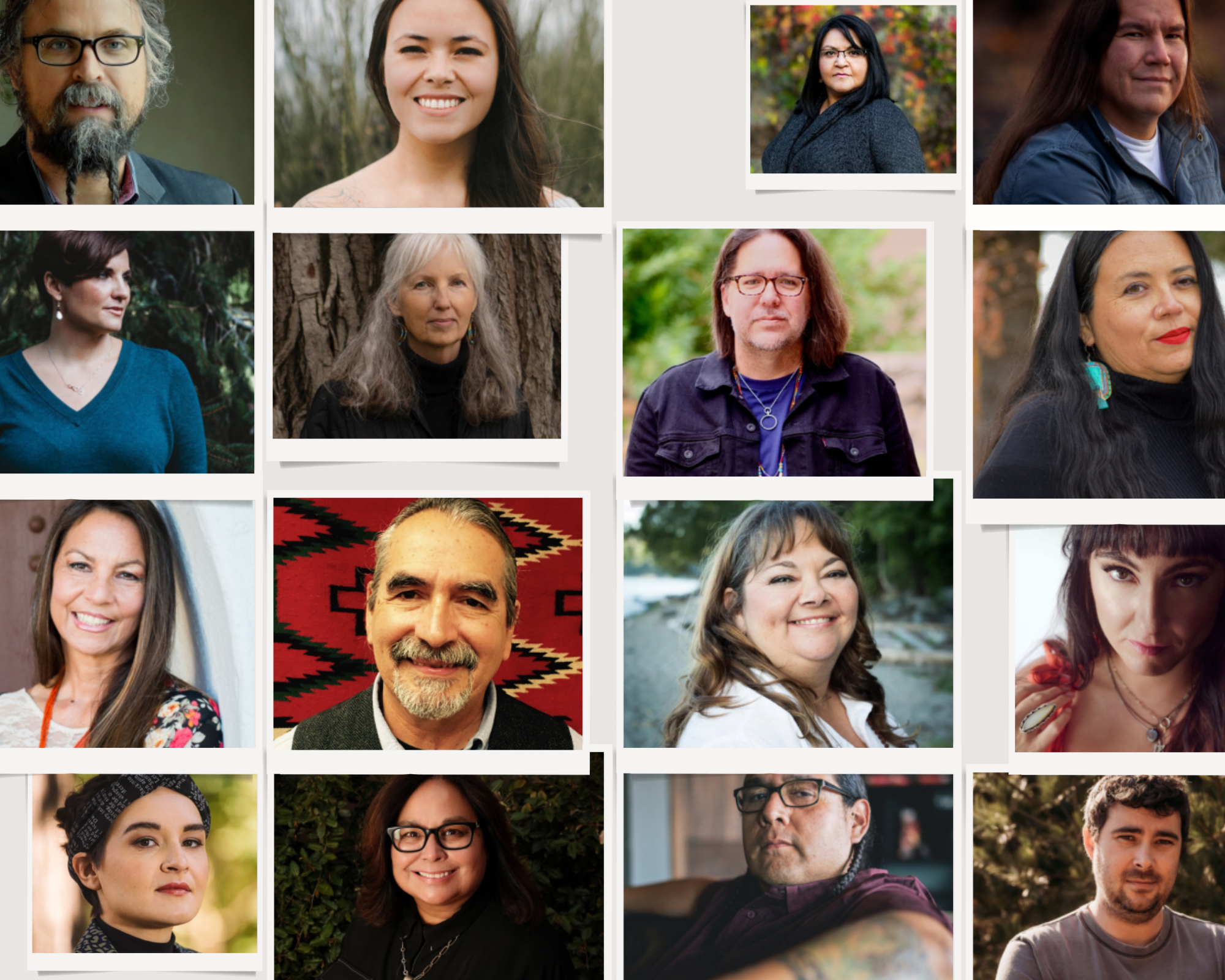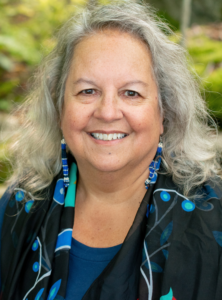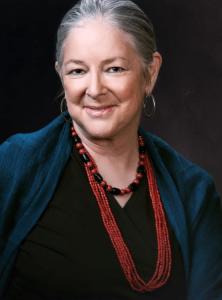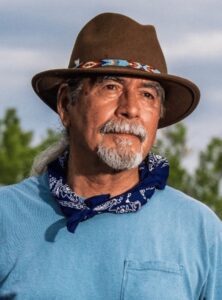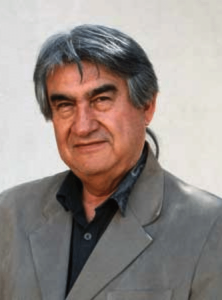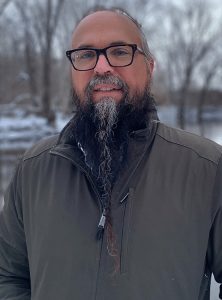Mariah Gladstone (Blackfeet, Cherokee) grew up in Northwest Montana. She graduated from Columbia University with a degree in Environmental Engineering and returned home where she developed Indigikitchen. Mariah has been recognized as a “Luce Indigenous Knowledge Fellow” through the First Nations Development Institute, a “Culture of Health Leader” through the Robert Wood Johnson Foundation, and an MIT Solve Indigenous Communities Fellow. She serves on the board of the FAST (Food Access and Sustainability Team) Blackfeet. Mariah completed her Master’s Degree at SUNY – ESF through the Center for Native Peoples and the Environment.
Mariah is founder and CEO of Indigikitchen. A portmanteau of Indigenous, digital, and kitchen, Indigikitchen is an online cooking show dedicated to re-indigenizing our diets using digital media. Using foods native to their Americas, Indigikitchen gives viewers the important tools they need to find and prepare food in their own communities. Beyond that, it strengthens the ties to our cultures and reminds us of the inherent worth of our identities while fueling our physical bodies. Indigenous food systems support healthier ecosystems, bodies, and families.
It’s no secret that healthy eating generally involves avoiding processed foods and preservatives. Indigenous foods like wild game, berries, corn, squash, and wild rice are far easier for the digestive system to process than wheat flour, dairy, and sugar. In the case of Natives, there is the added benefit of cultural revitalization; pre-contact foods, especially those harvested locally, are a testament to the resilience of Native lifestyles and a delicious way of resisting colonization.
Her cookbook, Mountains to Oceans: Kids’ Recipes From Native Land (September 2024), features 40+ kid-friendly recipes for cooking with Indigenous foods.
